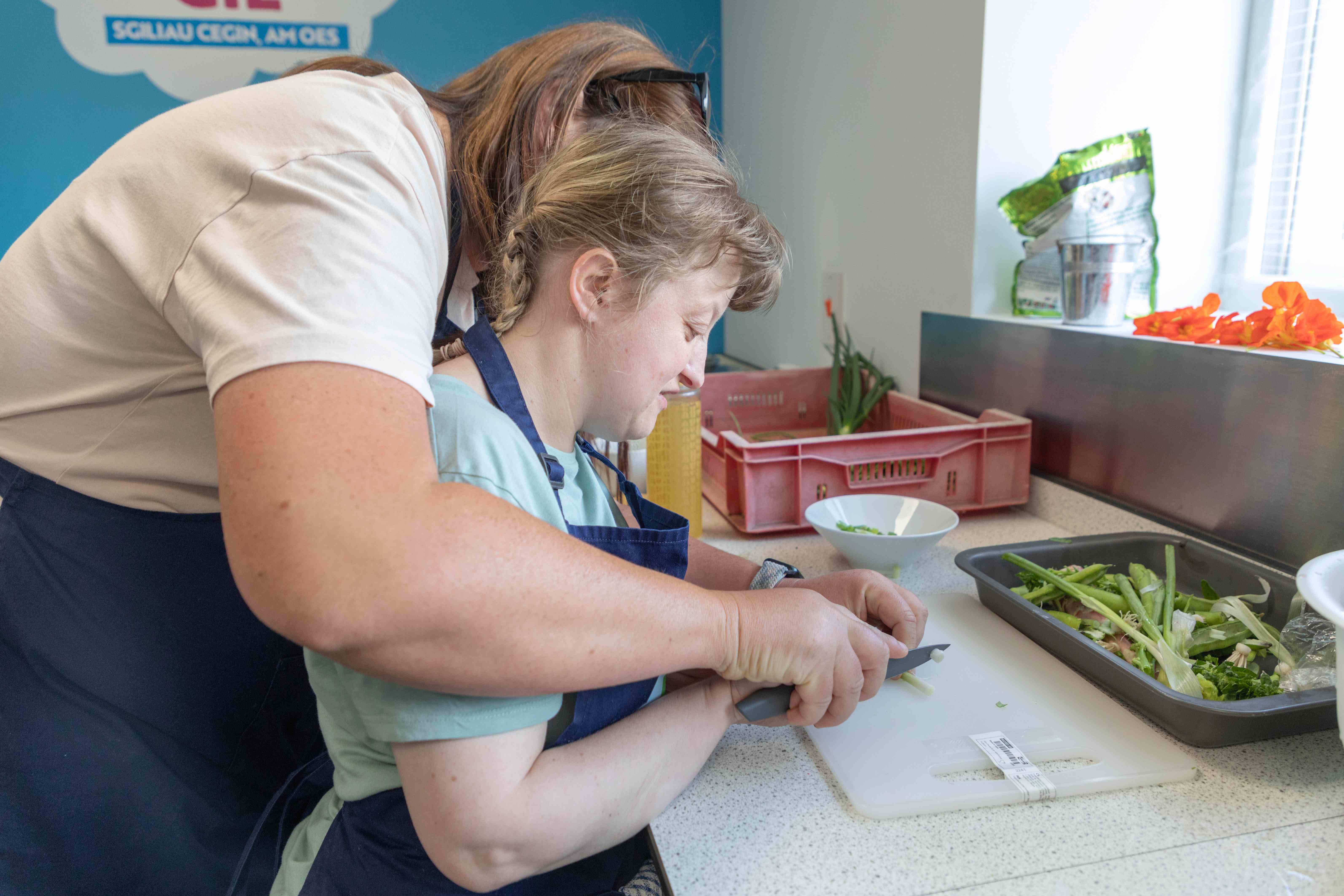How to claim Personal Independence Payments (PIP)

To start a
Personal Independence Payment
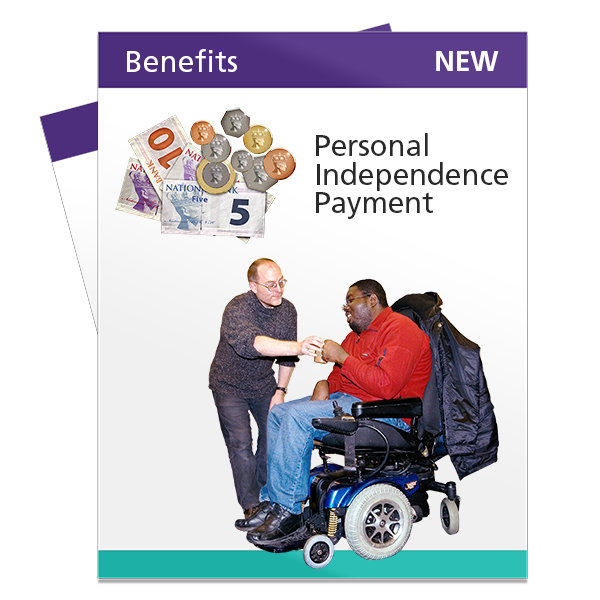 Personal Independence Payment (PIP) is the name of a benefit that some people with a disability or health condition get. The money is to pay for extra help you might need to look after yourself and to get around. Some people who used to get
Disability Living Allowance
Personal Independence Payment (PIP) is the name of a benefit that some people with a disability or health condition get. The money is to pay for extra help you might need to look after yourself and to get around. Some people who used to get
Disability Living Allowance
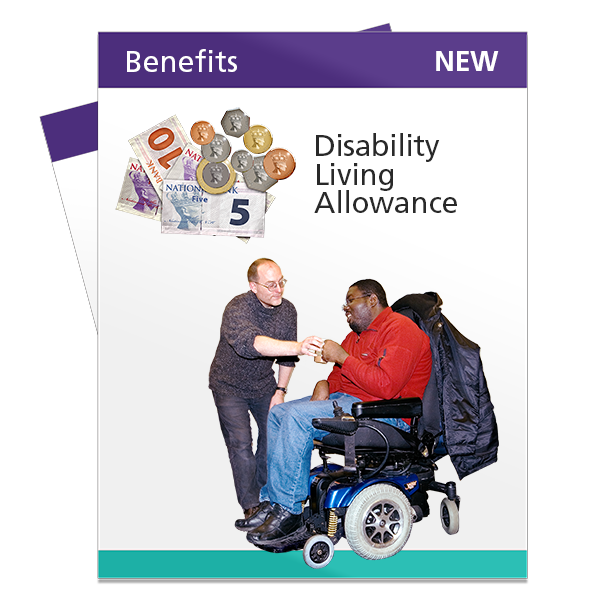 Disability Living Allowance (DLA) is the name of a benefit that some people with a disability get. The money is to pay for extra help you might need to look after yourself and to get around. Disability Living Allowance is being replaced by a benefit called Personal
Independence
Disability Living Allowance (DLA) is the name of a benefit that some people with a disability get. The money is to pay for extra help you might need to look after yourself and to get around. Disability Living Allowance is being replaced by a benefit called Personal
Independence
 Independence means doing things on your own. Making your own choices.
Payment (PIP).
(DLA) now get PIP instead.
application you need to contact
the Department for Work and Pensions
Independence means doing things on your own. Making your own choices.
Payment (PIP).
(DLA) now get PIP instead.
application you need to contact
the Department for Work and Pensions
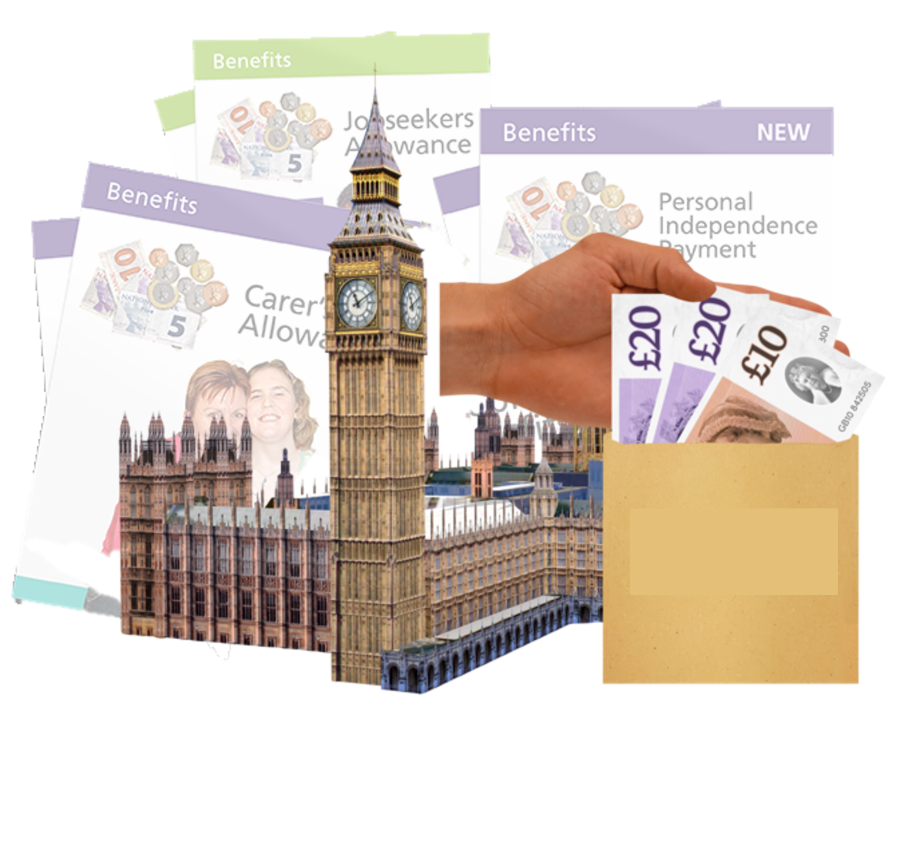 The Department for Work and Pensions is sometimes called the DWP. It is part of
the government
The Department for Work and Pensions is sometimes called the DWP. It is part of
the government
 The Government are the people who run the country. The Government decide how much tax people should pay and how things like the National Health Service (NHS) should work.
and manages payments and benefits like Universal Credit, Personal Independence Payment,
Employment
The Government are the people who run the country. The Government decide how much tax people should pay and how things like the National Health Service (NHS) should work.
and manages payments and benefits like Universal Credit, Personal Independence Payment,
Employment
 Employment means having a job.
and Support Allowance, and Income Support.
(DWP).
Employment means having a job.
and Support Allowance, and Income Support.
(DWP).
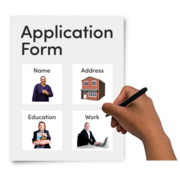
The DWP will send you a form that you need to fill out.

This page tells you what to do...
Step 1: Check if you are eligible for Personal Independence Payment
To get payments you must:
- Be at least 16 years old
- Have a long-term physical or mental health condition or disability
- Find it difficult to do every day tasks or get around.
- Expect your difficulties to last for at least 12 months or longer.
Take the online Personal Independence Payments test to see if you qualify.
If you live in Scotland, you need to ask for an Adult Disability Payment instead.
Step 2: Make sure you have the right information to hand
You will need:
- Your name, address and telephone number
- Your date of birth
- your
National Insurance
 National Insurance is a type of
tax
National Insurance is a type of
tax
 Tax is the money that pays for things like schools, hospitals and the police. There are different types of taxes like
income tax
Tax is the money that pays for things like schools, hospitals and the police. There are different types of taxes like
income tax
 Income tax is the money that is taken out of the money you earn every month. It helps to pay for things we all need like hospitals and schools.
,
VAT
Income tax is the money that is taken out of the money you earn every month. It helps to pay for things we all need like hospitals and schools.
,
VAT
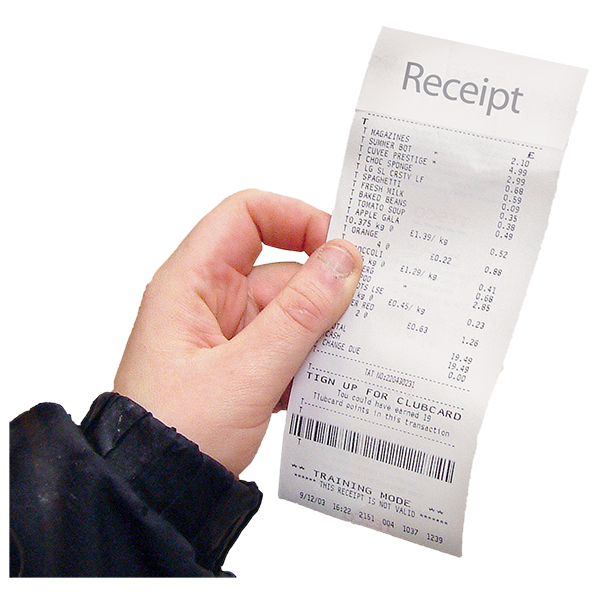 VAT is also called Value Added Tax. VAT is the extra money you pay when you buy things. The money goes to the government to pay for things like schools and hospitals.
and
council tax
VAT is also called Value Added Tax. VAT is the extra money you pay when you buy things. The money goes to the government to pay for things like schools and hospitals.
and
council tax
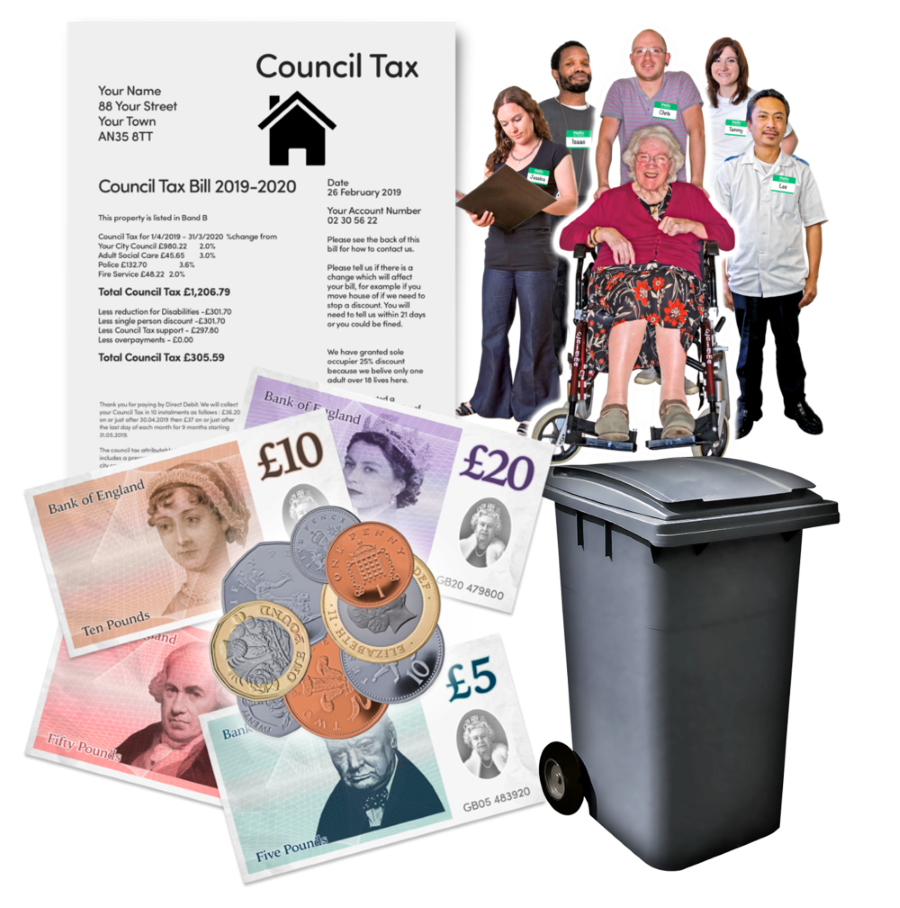 Council
Council
 A council is also called a
local authority
A council is also called a
local authority
 A local authority is also called a council. They are a group of people who make decisions about some of the things in the area where you live like schools,
social care
A local authority is also called a council. They are a group of people who make decisions about some of the things in the area where you live like schools,
social care
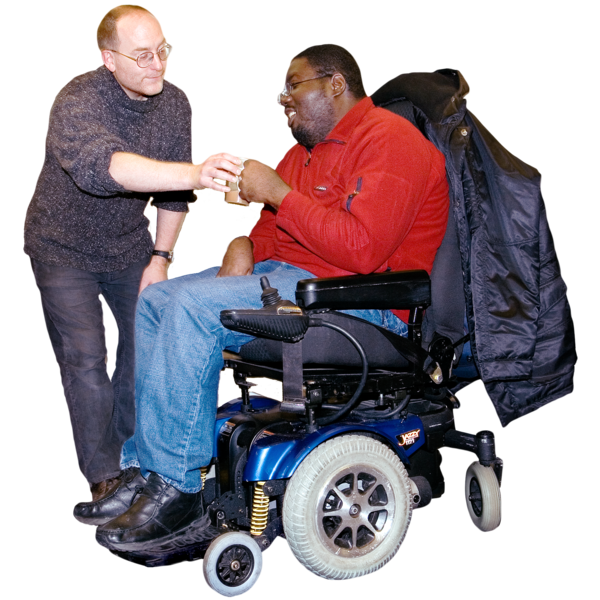 Social care means the services that give care and support to people who need it.
(support for people), parks and dustbin collection.
. They are a group of people who make decisions about some of the things in the area where you live. These include: schools, social care (support for people), parks and dustbin collection.
Tax is the money that people pay to the
council
Social care means the services that give care and support to people who need it.
(support for people), parks and dustbin collection.
. They are a group of people who make decisions about some of the things in the area where you live. These include: schools, social care (support for people), parks and dustbin collection.
Tax is the money that people pay to the
council
 A council is also called a
local authority
A council is also called a
local authority
 A local authority is also called a council. They are a group of people who make decisions about some of the things in the area where you live like schools,
social care
A local authority is also called a council. They are a group of people who make decisions about some of the things in the area where you live like schools,
social care
 Social care means the services that give care and support to people who need it.
(support for people), parks and dustbin collection.
. They are a group of people who make decisions about some of the things in the area where you live. These include: schools, social care (support for people), parks and dustbin collection.
. It helps to pay for things like social care (support for people), parks and dustbin collection.
.
. It is money that is taken out of the money you earn each month. You pay National Insurance so that you can get a pension when you are older.
number, if you have one (you can find this on letters about tax, pensions and benefits)
Social care means the services that give care and support to people who need it.
(support for people), parks and dustbin collection.
. They are a group of people who make decisions about some of the things in the area where you live. These include: schools, social care (support for people), parks and dustbin collection.
. It helps to pay for things like social care (support for people), parks and dustbin collection.
.
. It is money that is taken out of the money you earn each month. You pay National Insurance so that you can get a pension when you are older.
number, if you have one (you can find this on letters about tax, pensions and benefits) - your bank or building society account number and sort code
- your doctor or health worker’s name, address and telephone number
- dates and addresses for any time you’ve spent in a
care home
 A care home is a place where people who need support live. There are staff there all the time.
or hospital
A care home is a place where people who need support live. There are staff there all the time.
or hospital - dates for any time you spent abroad for more than 4 weeks at a time, and the countries you visited
Step 3: Get someone to help you if you want
- You can ask for someone to be added to your phone call.
- You can ask someone else to make the call for you, but you’ll need to be with them when they call
What to do when you are ready to contact the Department for Work and Pensions (DWP)?
Step 4: Contact the DWP by phone or letter
It's usually quicker to get a decision over the phone.
Telephone: 0800 917 2222
Accessible
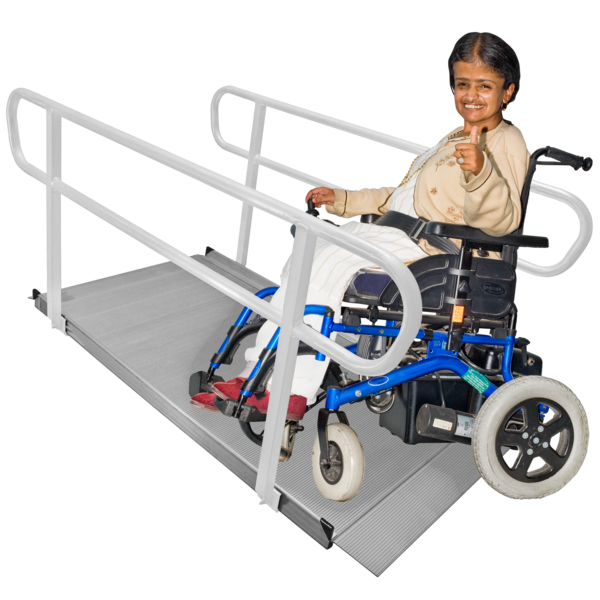 Accessible means something is easy for people to use or join in with. For example: Accessible writing means the writing is easy to read and understand.
ways to call the Department for Work and Pensions (DWP):
Accessible means something is easy for people to use or join in with. For example: Accessible writing means the writing is easy to read and understand.
ways to call the Department for Work and Pensions (DWP):
- Textphone: 0800 917 7777
- Relay UK (if you cannot hear or speak on the phone): 18001 then 08009 172 222
Lines are open Monday to Friday, 8am to 5pm
Write to: Personal Independence Payment New Claims, Post Handling Site B, Wolverhampton. WV99 1AH.
After you've contacted the DWP you’ll be sent a form
Step 5: Fill in the 'How your disability affects you' (PIP2) form
The (PIP2) form you will be sent is for you to describe the impact of your disability or health conditions, and the specialist equipment and help you need.
Make sure to describe your difficulties in each activity on the form. For example, if you need assistance to cook food, say so and explain what help you need and why. Write what would happen if you did not have the help or assistance.
See our
guidance
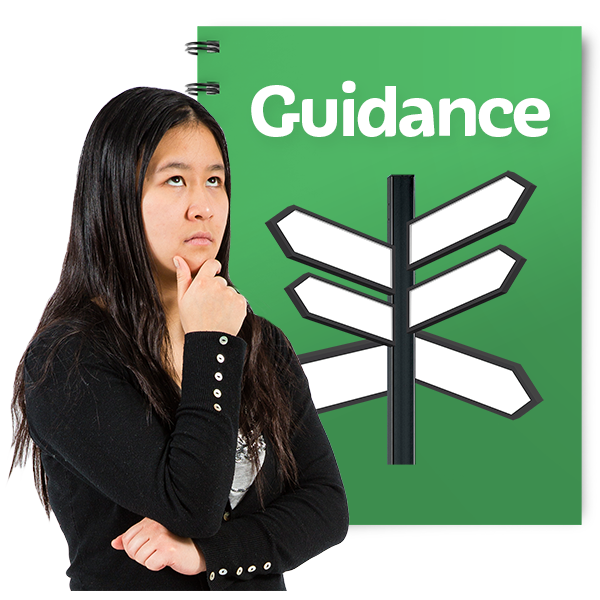 Guidance means being given clear instructions to be able to do something well.
page about the questions on the PIP2 form.
Guidance means being given clear instructions to be able to do something well.
page about the questions on the PIP2 form.
Consider keeping a Personal Independence Payment diary
Although you do not have to send extra documents to the Department of Work and Pensions (DWP) to claim PIP (unless you are claiming special rules PIP for terminal illness), it is useful to keep a detailed ‘diary’ of how long everyday things take you and how you do them differently because of your condition or disability.
A PIP diary is not like a personal diary, so don’t feel you have to share private information, but it is helpful to assessors to see how often you struggle to do things, and how long your daily tasks take you, and what help you need to do everyday things.
We recommend filling in diary sheets for two weeks and sending these sheets in with your claim for PIP.
Don’t forget to take copies of your evidence, and your
application form
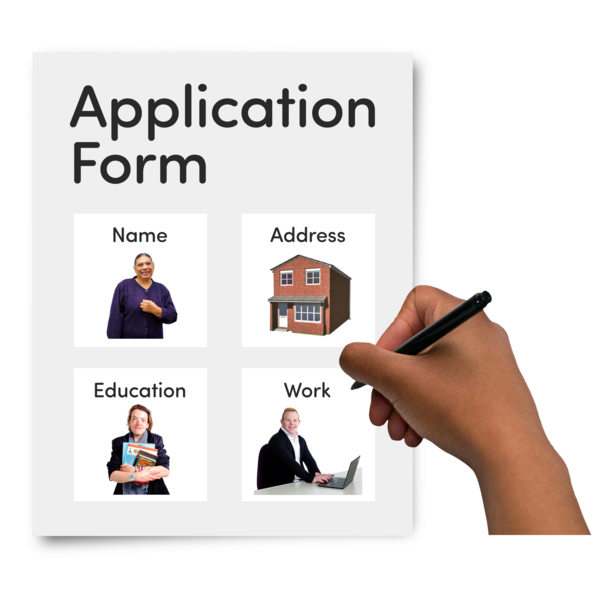 An application form is a form you have to fill in to try to get something.
.
An application form is a form you have to fill in to try to get something.
.
Other information may be needed when you apply for Personal Independence Payment
Step 6: Have a Personal Independence Payment assessment by a health professional
A health professional will collect all the information from you and write a report for the Department for Work and Pensions (DWP).
If more information is needed, you will be invited to an
assessment
 An assessment is a way of finding out what help a person needs. When you have an assessment, you might have to go to a meeting or fill in a form.
.
An assessment is a way of finding out what help a person needs. When you have an assessment, you might have to go to a meeting or fill in a form.
.
You will be asked questions about how you can carry out activities and how your condition affects your daily life.
You'll find out if you are to get Personal Independence Payment
Step 7: Getting your Personal Independence Payment decision
You will get a letter that tells you if you will get PIP.
If you do, you will be told:
- how much you will get.
- when you will be paid.
- the date your PIP will be reviewed so that you continue to get the right support.
Step 8: Unsuccessful Personal Independence Payment applications
If your application for PIP is unsuccessful or you are unhappy with the outcome, you should contact the Department of Work and Pensions (DWP) within one month of the date of decision to request a
mandatory
 Mandatory means that something must be done.
reconsideration.
Mandatory means that something must be done.
reconsideration.
This can be done over the phone, but we recommend that you do it in writing, so you have a record of your request. If you need more time, contact the DWP and ask for an extension.
If your mandatory reconsideration is unsuccessful, you have one month from the date of the mandatory reconsideration decision letter to
appeal
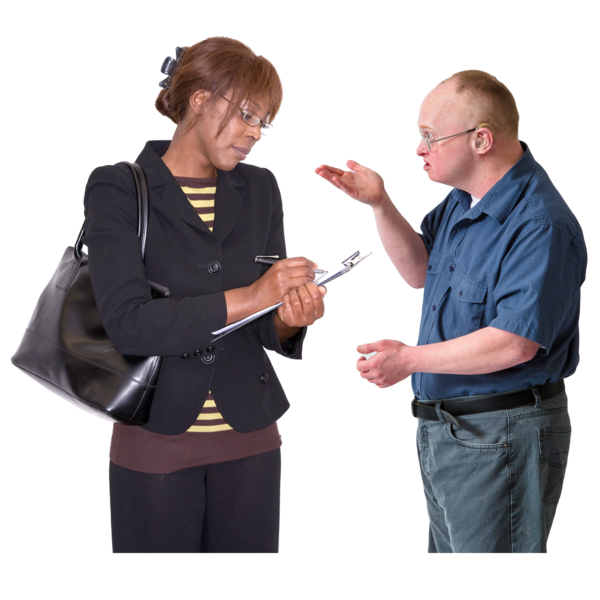 To appeal means saying you want someone to think about a decision again.
the decision. The appeal will be looked at by an independent tribunal.
To appeal means saying you want someone to think about a decision again.
the decision. The appeal will be looked at by an independent tribunal.
These pages will help you with an appeal:
Frequently asked questions about Personal Independence Payment applications
Can I type out my Personal Independence Payment form answers on a computer?
You can attach extra sheets to the form if you need more space to write.
You can also attach extra sheets of paper if it is easier for you to type your answers and print them out, rather than writing on the form. However, if you do this, you should write in each box on the form that additional sheets are attached.
If you attach additional sheets, include your name and national insurance number on every sheet.
If you’re attaching extra sheets, it’s best to number every page so it’s clear where they go.
Can my friend give evidence?
You can take someone with you into the actual assessment if they’re 16 or over.
This could be anyone who makes you feel more comfortable, like a friend, relative or carer.
If you want, they can take part in discussions and take notes for you.
For more information visit the Citizens Advice website.
What do I do if my circumstances change?
You must contact the Department of Work and Pensions (DWP) if:
- your personal details change, for example your name, address or doctor
- the help you need or your condition changes
- your condition has worsened and you’re not expected to live more than 12 months
- you go into hospital or a care home
- you go abroad
- you’re imprisoned or held in detention
- your immigration status has changed, if you’re not a British citizen
To contact the Department of Work and Pensions (DWP) to report a change of circumstances:
- Telephone: 0800 121 4433
- Textphone: 0800 121 4493
- Relay UK (if you cannot hear or speak on the phone): 18001 then 0800 121 4433
- British Sign Language (BSL) video relay service if you’re on a computer - find out how to use the service on mobile or tablet
- Monday to Friday, 9am to 5pmCall the ‘PIP enquiry line’.
If you need someone to help you contact the Department of Work and Pensions (DWP) you can:
- ask for them to be added to your call - you cannot do this if you use textphone
- ask someone else to call on your behalf - you’ll need to be with them when they call
For more details visit the government website.
The information on this page is for guidance only. Mencap hold no responsibility for DWP processes, timescales, decisions and service.

